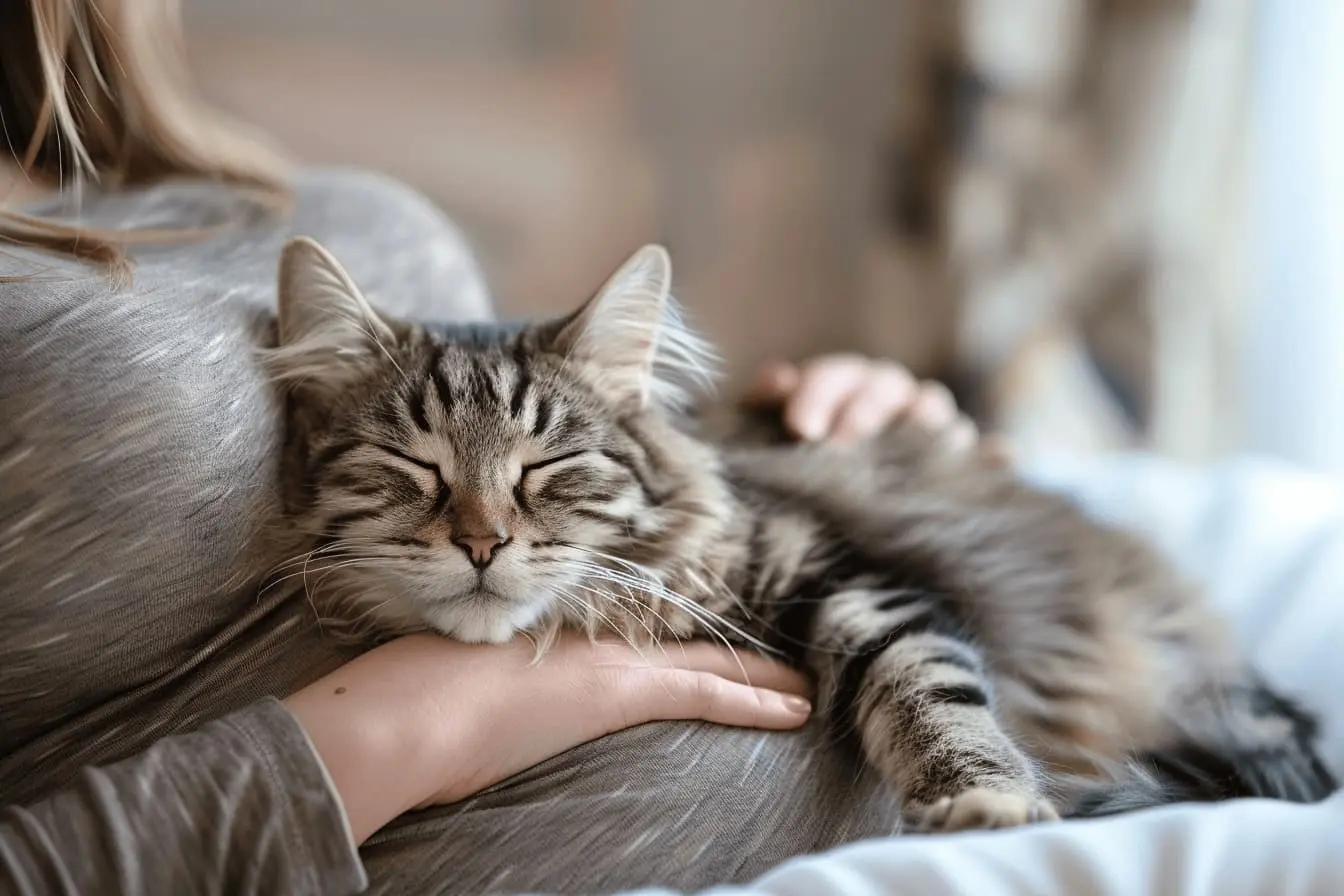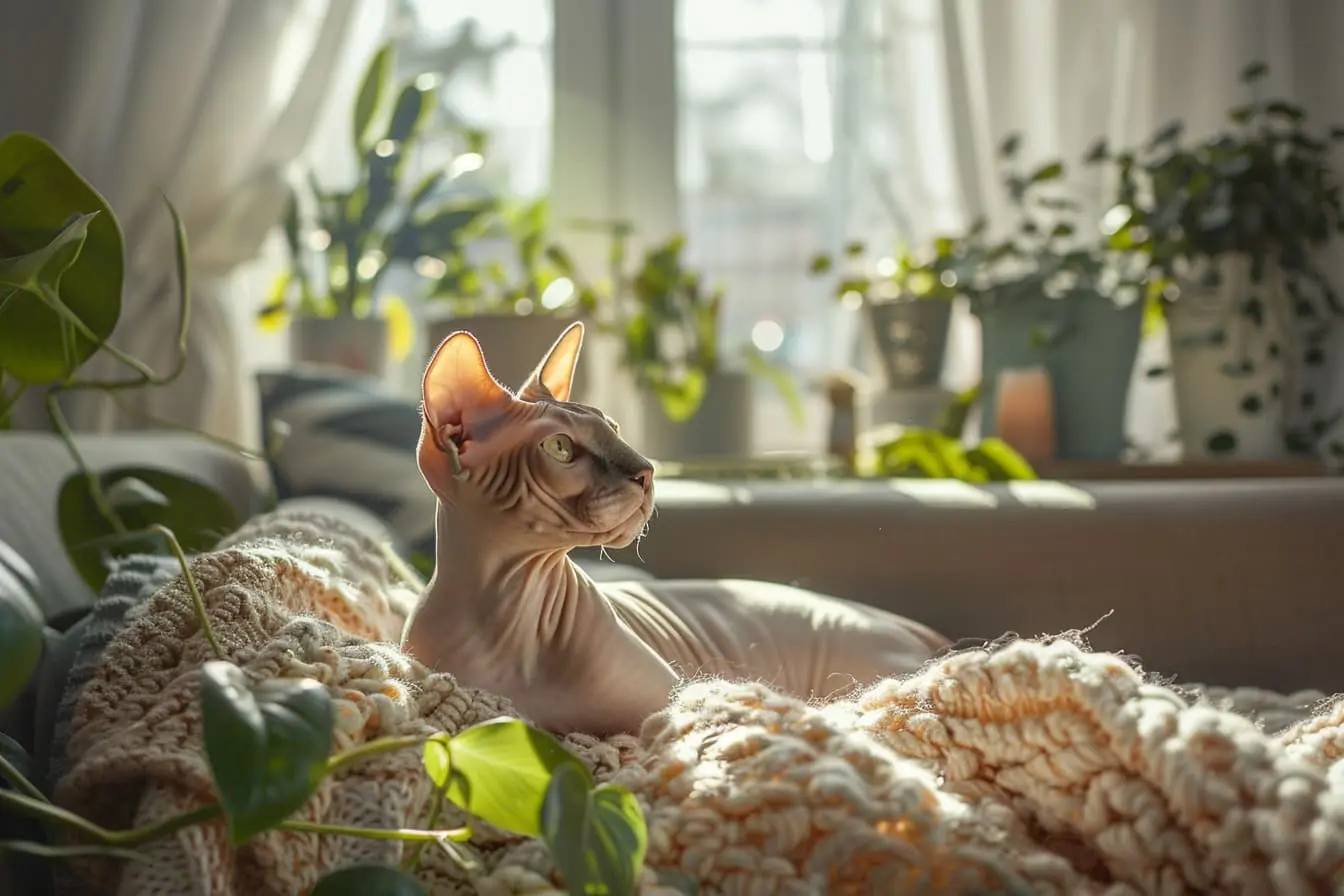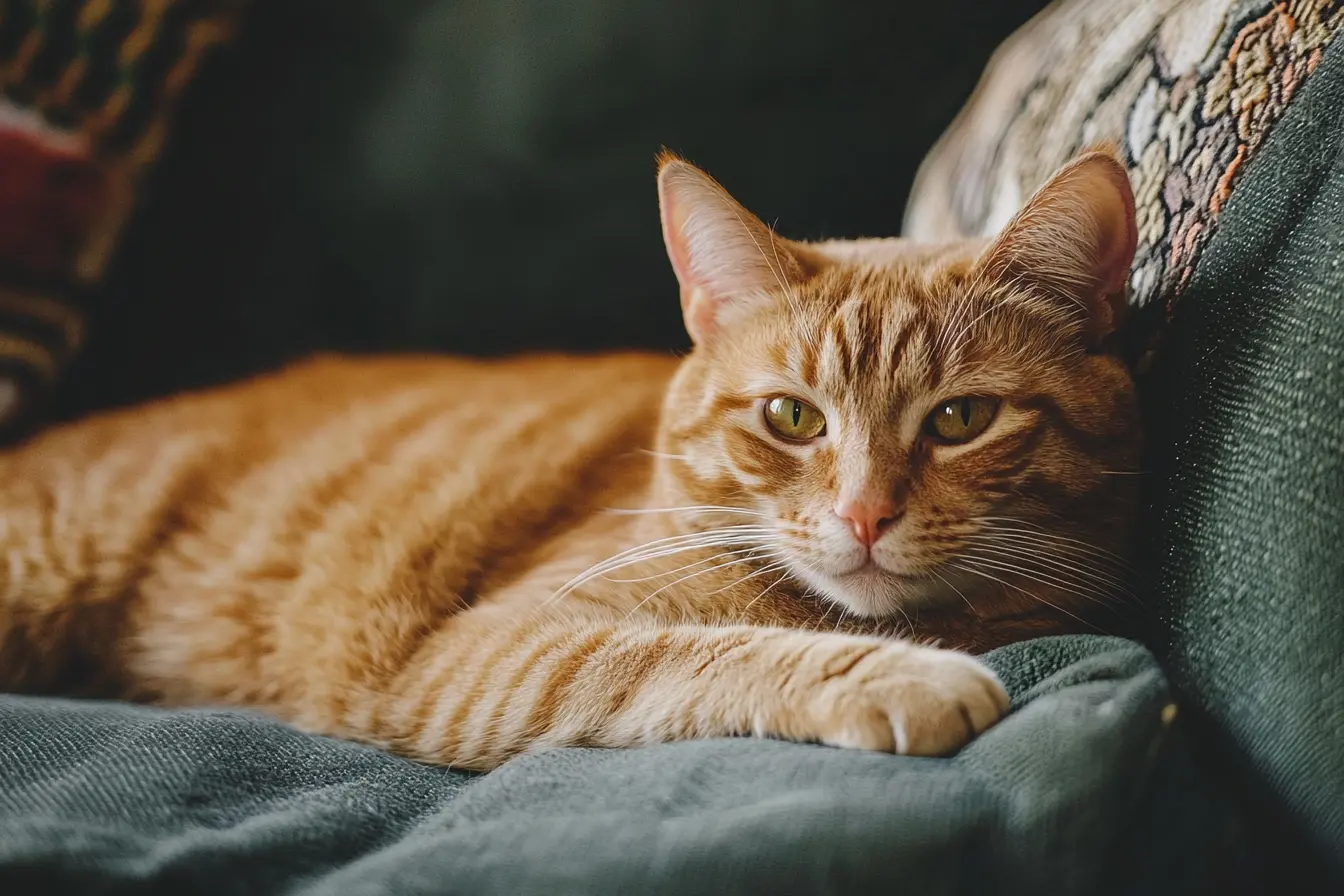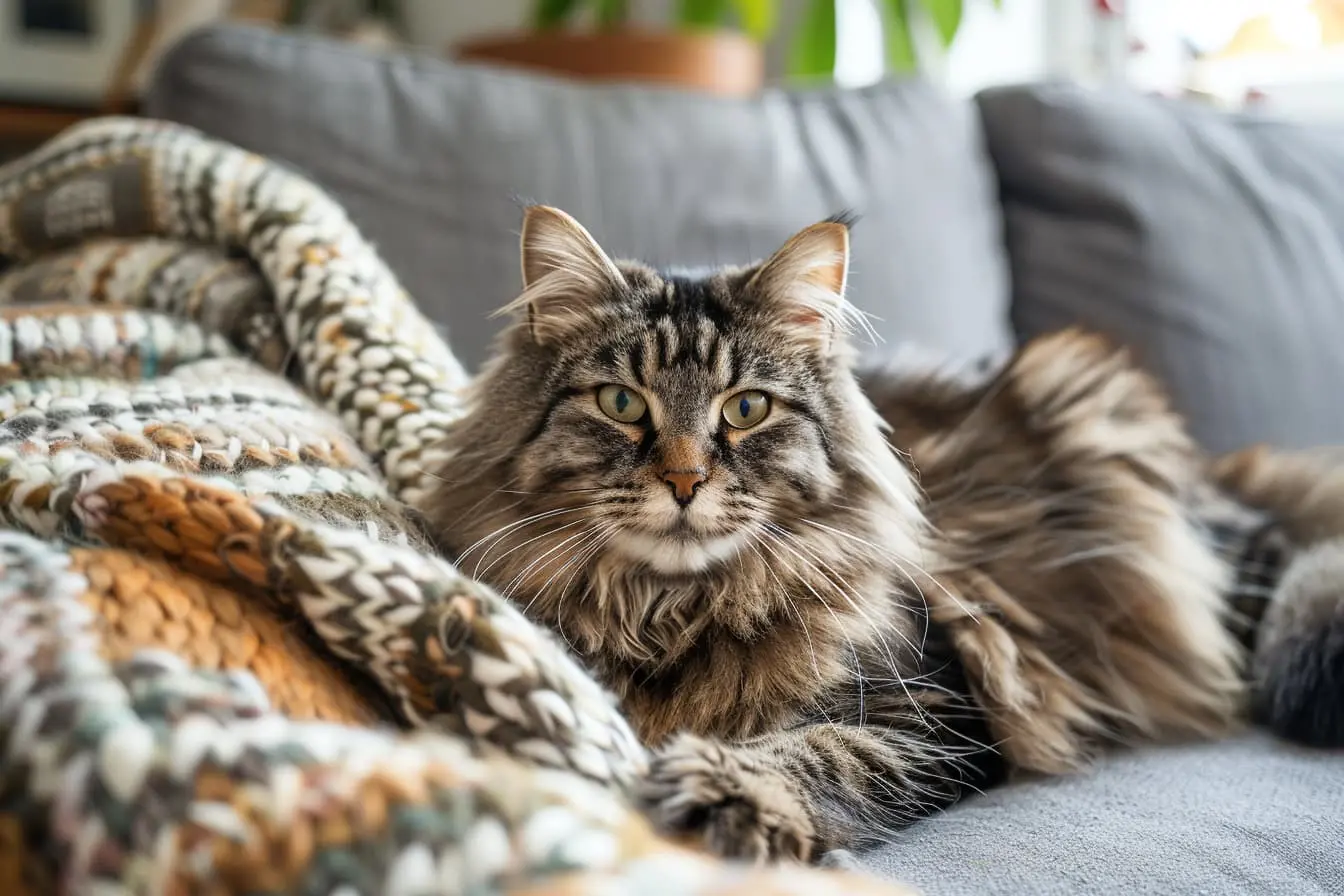
Navigating Pregnancy as a Cat Owner: What You Need to Know
Pregnancy is a joyous yet delicate time, requiring adjustments in various aspects of life to ensure the health and safety of both the expectant mother and the unborn child. For cat owners, this period necessitates additional precautions, particularly due to the risk of toxoplasmosis, a condition that can have serious implications for an unborn baby. In this post, we'll explore the essential considerations and safety measures that pregnant cat owners should adopt to navigate this period safely.
Understanding Toxoplasmosis
Toxoplasmosis is an infection caused by the parasite Toxoplasma gondii. While the infection often goes unnoticed in healthy adults, presenting minimal to no symptoms, it poses a significant risk during pregnancy. If contracted for the first time during pregnancy, toxoplasmosis can lead to miscarriage, stillbirth, or various health issues in the newborn, including eye problems, seizures, and intellectual disability.
Cats are primary hosts of the Toxoplasma gondii parasite, which sheds its eggs, or oocysts, in their faeces. It's crucial to understand that not all cats carry this parasite, and indoor cats that do not hunt or eat raw meat are at a very low risk of infection.
Precautions with Litter Boxes
The most direct way pregnant individuals can come into contact with Toxoplasma gondii is through handling cat litter. Here are some precautions to consider:
- Delegate Litter Cleaning: If possible, another household member should take over the responsibility of cleaning the litter box during the pregnancy.
- Daily Cleaning: If the pregnant person must clean the litter box, it should be done daily, as the Toxoplasma oocysts do not become infectious until 1 to 5 days after being shed in faeces.
- Wear Gloves and Wash Hands: Always wear gloves when handling litter and wash hands thoroughly with soap and water afterwards.
Food Safety
Toxoplasmosis can also be contracted by cats through the consumption of undercooked, contaminated meat, or unwashed fruits and vegetables. Pregnant cat owners should:
- Avoid Raw or Undercooked Meat: Ensure all meat is cooked to safe temperatures.
- Wash Produce Thoroughly: Clean all fruits and vegetables to remove any potential contamination.
- Kitchen Hygiene: Keep kitchen surfaces clean and avoid cross-contamination.
Gardening Precautions
Gardens can also be a source of Toxoplasma gondii if cats use them as a litter box. When gardening:
- Wear Gloves: This can help prevent infection from soil.
- Wash Hands Afterward: Ensure you clean your hands thoroughly after gardening.
Interaction with Your Cat
- Safe Handling: Continue to show love and affection to your cat, but avoid rough play that might lead to scratches or bites.
- Indoor vs Outdoor: Keep your cat indoors if possible to reduce the risk of them hunting and bringing back infected prey.
- Feeding Your Cat: Feed your cat commercial dry or wet food or well-cooked table food, not raw or undercooked meats.
Regular Veterinary Care
Ensure your cat receives regular check-ups and vaccinations. A healthy cat means a healthier home environment for everyone, including pregnant individuals.
Conclusion
While the presence of a cat in the home does necessitate additional precautions during pregnancy, with the right measures in place, there's no reason why you can't enjoy this special time with your feline friend by your side. By understanding the risks and implementing the safety steps outlined above, you can protect both your health and that of your unborn child, ensuring a safe and happy pregnancy for all.
Vets near you
Speciality vets
- Aquatics vet specialists
- Birds vet specialists
- Camelids vet specialists
- Cats vet specialists
- Cattle vet specialists
- Deer vet specialists
- Dogs vet specialists
- Equines vet specialists
- Exotic vet specialists
- Goats vet specialists
- Pigs vet specialists
- Poultry vet specialists
- Sheep vet specialists
- Small Mammals vet specialists
- Wild vet specialists
Vet facilities
- Accessible by public transport
- Blood testing
- Car park nearby
- Client car park
- Dentistry
- Diagnostic imaging
- Disabled public access
- Flea and worm treatments
- Microchipping
- Mobile services
- Neutering
- Open at weekends
- Out-of-hours service
- Referral interests
- Referrals only
- Street parking outside
- Toilets available
- Vaccinations



